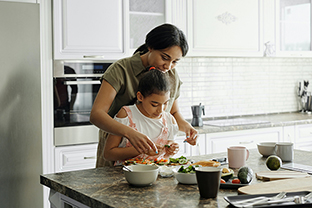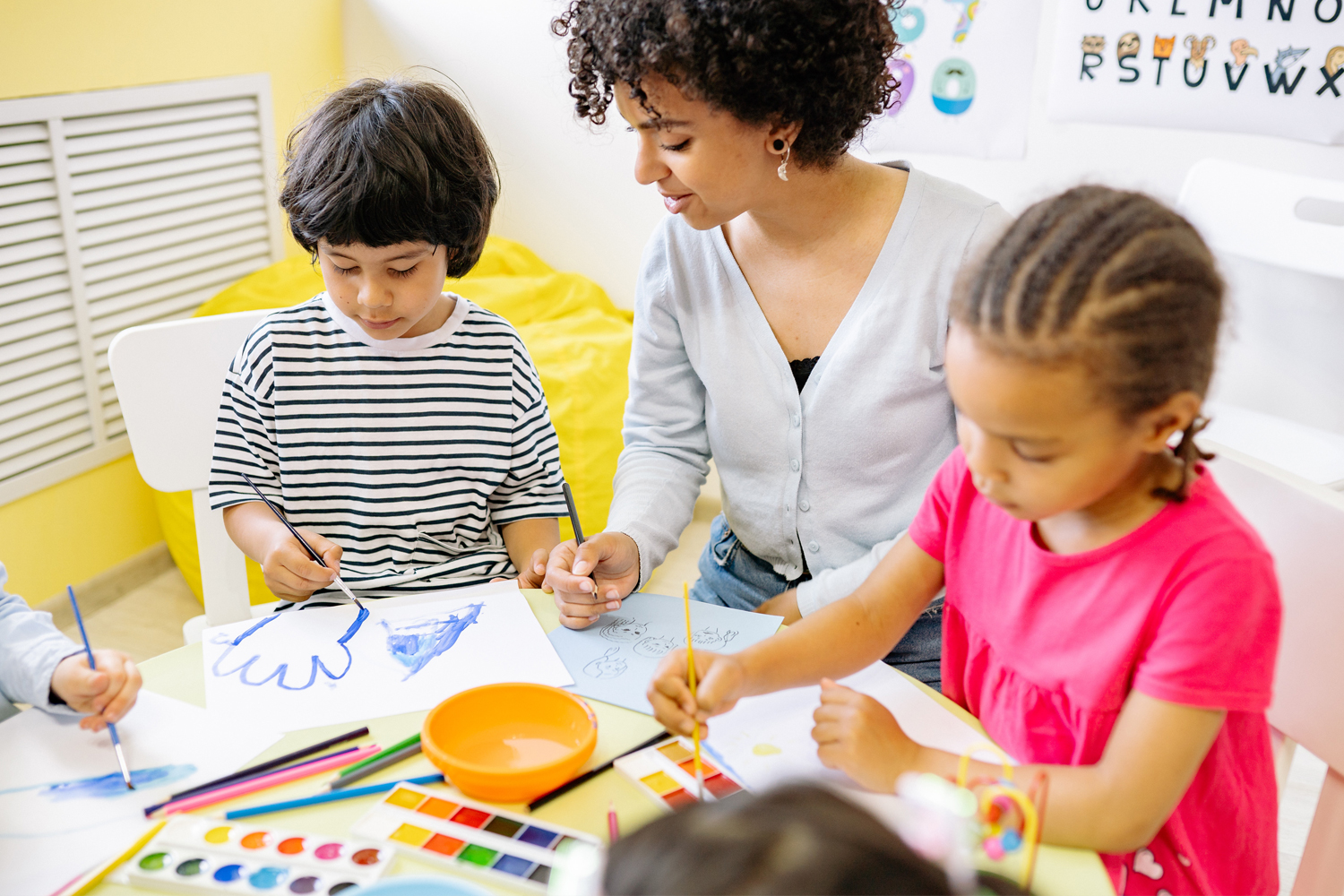Sometimes it feels like Covid 19 has taken everything known about routine, schedules, structure and thrown it out the window. Covid 19 has increased the risk of going out by a factor of about a thousand and has forced more people to stay home and find new ways to entertain themselves.
When you’re stuck at home, mealtime can feel like the biggest comfort or the biggest challenge of the day. Perhaps your family is enjoying more snacks than usual and eating more together. Or perhaps your child prefers to graze, is going back to only preferred foods, or showing less interest in food variety. On top of it all, the store near you could be closed or has just run out of your child’s favorite foods.
Whatever the circumstances surrounding mealtime, your child can still eat well and practice healthy eating during a pandemic. See below for some tips to improve common mealtime challenges for parents and caregivers during lockdown.
1. Grazing. If your child is anything like millions of other growing people, they need to eat. A lot. The Academy of Nutrition and Dietetics states that most children need to eat every three to four hours to keep up with their body’s growth pattern and meet their daily MyPlate nutrition needs. Snacking is important, however, snacking throughout the day and too close to mealtime can be a cause of reduced intake at the table.
- Setting consistent, predictable meal and snack times are excellent ways to curb your child’s grazing habit. Offering 2 – 4 snacks per day every 4 hours is an excellent goal your family can achieve together.
- In addition to the type of snacks, consider the type of liquid your child is consuming: aim for clear liquids between meals instead of milk and juice, which may leave your child feeling fuller between meals.
2. Running out of food at the store. The foodservice industry is taking a hard hit through this pandemic and vendors supplying popular snacks are no exception.
- If your usual store is running low on your child’s preferred snack or favorite food, ordering online or going directly through the company’s customer service line are options too.
- If you’re looking to avoid unnecessary grocery store trips and are trying to make fruits and vegetables last, canned fruits and vegetables are wonderful alternatives that can last up to six months in a pantry.

3. Reduced interest in trying new foods. Finally, if you feel your child is falling into a routine of consuming similar foods every day with diminishing interest in new food, there are ways to increase your child’s exposure to variety away from the table.
- Cooking with your child promotes exposure to new foods without the pressure of eating something they are not ready for. With kitchen safety in mind, promote looking at, smelling, or sampling a new recipe with simple ingredients.
- Collaborate with your child in the kitchen to identify the food they may enjoy. You can print pictures of fruits and vegetables you think your child may enjoy, have them pick a few pictures, and add them to your next essential grocery shopping trip.
Not only are parents tasked with the challenge of balancing work, child care, and self-care; parents of children with special needs are asked to balance the unique needs of their child while managing ever-changing routines. Mealtime may be an area of difficulty for your family outside of Covid but can be an excellent way to add structure to the day and become a full-time goal for your family to try new food together.
Wishing you healthy and happy mealtimes!

Blue Bird Day fosters socialization, sensory regulation, and pre-academic learning in children ages 2-7 years in therapeutic rotations that simulate preschool and kindergarten settings. Our compassionate therapists practice a relationship-based and family-centered approach, provide parent training, and collaborate on goals and individualized intensive treatment plans for your child.
We believe in a collaborative and multi-disciplinary team approach to therapy. A team of occupational therapists, speech-language pathologists, dietitians, developmental therapists, behavioral therapists, physical therapists, and therapeutic assistants are created for each child to ensure child and family are fully supported and the best possible results are achieved.
Options for individualized, group and virtual therapy sessions are available as well.
Want to learn more or you have a specific question? Feel free to connect with us here!



